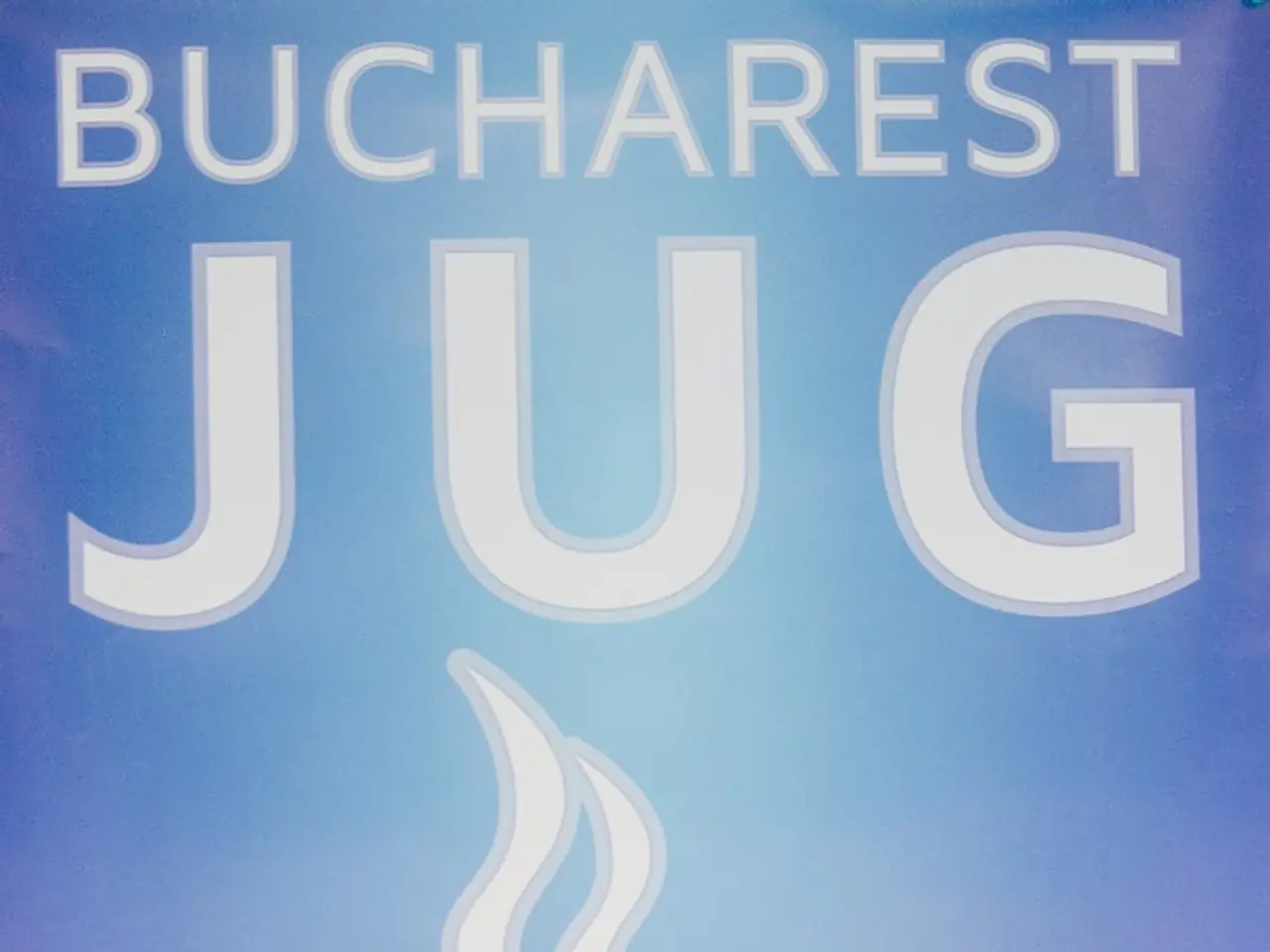Hotel booking company denies accusations of fixing hotel prices, but a legal expert suspects breach of competition laws
In a significant development for the European hotel industry, a class action lawsuit involving over 10,000 hotels across the continent is challenging the practices of online travel giant, Booking.com. The lawsuit, pending final clarification by an Amsterdam court, seeks compensation for the period from 2004 to 2024, alleging that best price clauses enforced by Booking.com violated EU antitrust law.
The European Court of Justice (ECJ) ruled in late 2024 that best price clauses, which prevented hotels from offering lower prices outside platforms like Booking.com, are unlawful because platforms can operate economically without these restrictions. Consequently, Booking.com abolished these clauses in the European Economic Area in line with the EU Digital Markets Act (DMA) 2024.
The hotel industry, represented by Hotrec, views this as a landmark challenge against abusive digital market practices and unfair conditions imposed on hoteliers. The German Hotel Association and Hotrec follow the argument that Booking.com is abusing its market power by punishing hotels that resisted most-favored-nation clauses and offered their rooms cheaper on other channels. However, Booking.com denies this claim, stating that prices on other platforms do not affect its search ranking, and factors such as the travel period and number of guests play a role.
It's important to note that the cooperation with Booking.com is voluntary for accommodations, and they pay a commission of 15% for each booking in return for services such as marketing and multilingual customer service. The EU Commission classified Booking.com as a gatekeeper in the context of the Digital Markets Act.
Despite the ongoing legal battle, a retroactive price reduction for already paid rooms is unlikely, even if the hotel's class action lawsuit is successful, as the lawsuit is exclusively aimed at the hoteliers' commissions. The lawsuit does not seek to reimburse consumers for overpaid room rates.
Interestingly, around 50.9% of all hotel overnight stays in Europe are direct bookings, while online travel platforms account for 29.1%. This suggests that while online platforms like Booking.com hold a significant market share, a majority of hotel bookings are still made directly.
As the case unfolds, it will be interesting to see how it shapes the relationship between online travel platforms and hotels in the European Union, and whether it sets a precedent for future legal challenges against digital market practices.
The ruling by the European Court of Justice (ECJ) in late 2024 has significant implications for the finance industry, as it could lead to potential compensation for hotels in the class action lawsuit against Booking.com, affecting the business models of both parties. The German Hotel Association and Hotrec argue that Booking.com's market power is being abused, potentially leading to changes in the industry's financial dynamics.




